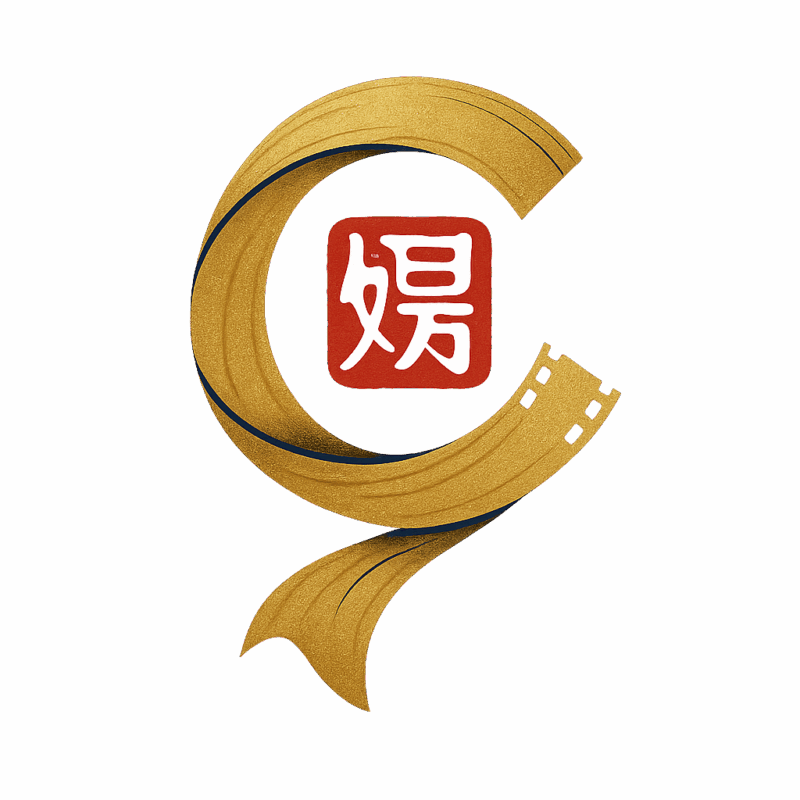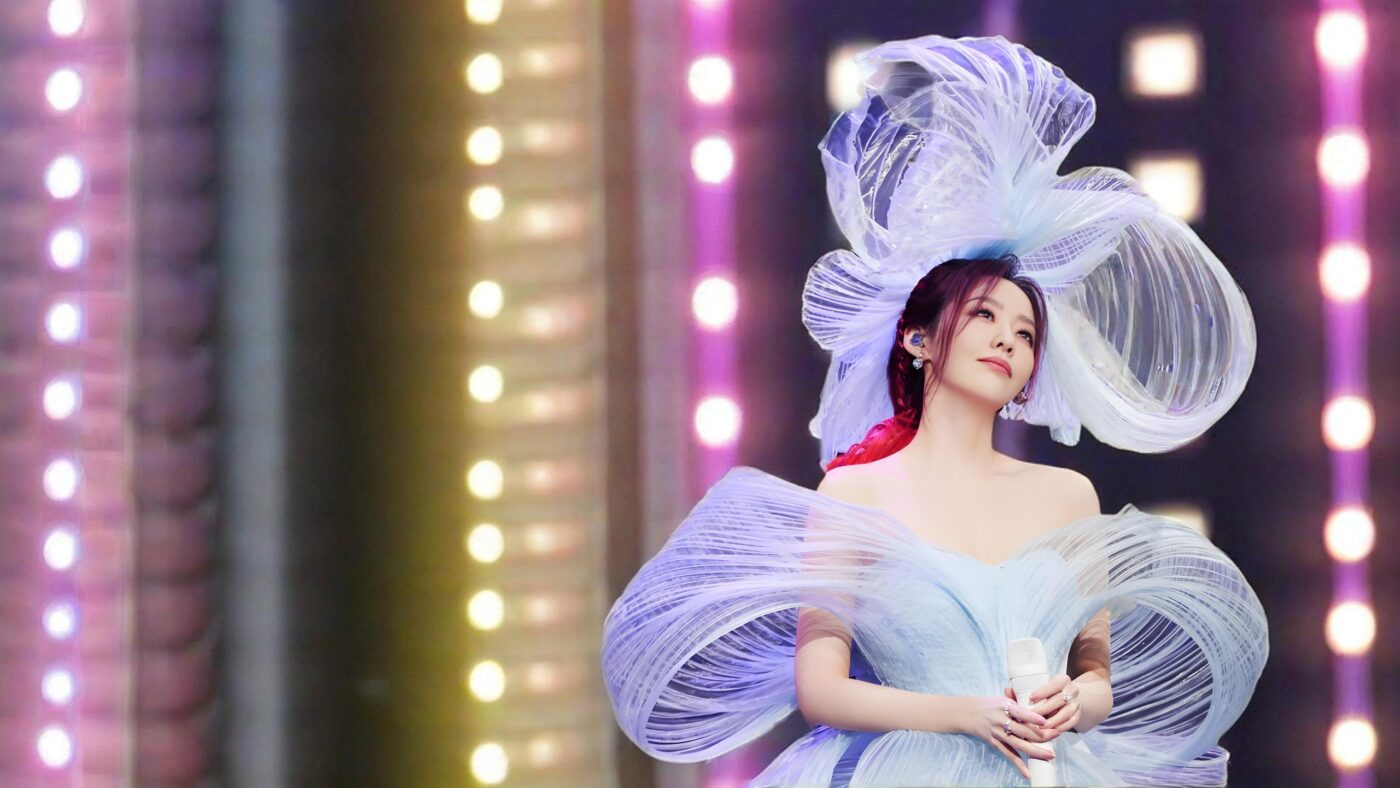The Meteoric Rise from Chengdu’s Karaoke Bars
Humble Beginnings to National Stardom
Born in 1984 in Chengdu, Sichuan Province, Zhang Liangying (张靓颖) emerged as one of China’s most technically accomplished vocalists through a journey marked by relentless perseverance and raw talent. Her early exposure to music came via her father, a Sichuan Opera enthusiast, whose untimely death when she was 15 forced her to sing at local teahouses and karaoke bars to support her family. This period honed her improvisational adaptability—a skill later defining her live performances. In 2005, her victory as the third-place finalist on Super Girl (超级女声), China’s groundbreaking singing competition, catapulted her into national fame. Unlike peers who leaned into pop trends, Zhang stood out with her three-octave vocal range and ability to navigate complex genres, foreshadowing a career built on artistic integrity over commercial gimmicks.
The “Dolphin Princess” and Vocal Mastery
Redefining Chinese Pop’s Technical Thresholds
Nicknamed the “Dolphin Princess” for her ability to hit whistle register notes (exceeding C6), Zhang shattered preconceptions about Chinese pop’s technical limitations. Her 2006 debut album The One showcased a daring fusion of Mandopop ballads and R&B influences, with tracks like To Be Loved revealing her knack for blending Western melisma with Chinese lyrical phrasing. Critics often compare her coloratura agility to Mariah Carey, particularly in live renditions of Hero (2008 Olympics tribute) and The Diva Dance (2017’s The Thousand Faces of Dunjia OST), where her voice seamlessly intertwined with electronic orchestration. This technical prowess earned her the moniker “China’s answer to Whitney Houston” from Billboard, though her stylistic evolution—incorporating Peking Opera vibrato in Fighting Shadows (2015) and throat singing in The Journey (2020)—proved her refusal to be pigeonholed.
International Breakthroughs and Cross-Cultural Diplomacy
From Hollywood to Global Arenas
Zhang’s 2009 collaboration with Andrea Bocelli on Time to Say Goodbye at the CCTV Spring Festival Gala marked a turning point, positioning her as a cultural ambassador. Her participation in the 2010 Shanghai World Expo anthem City alongside Jackie Chan and Lang Lang further cemented this role. In 2014, she became the first Chinese artist to perform at the MTV European Music Awards (EMA) in Glasgow, delivering a trilingual (Mandarin, English, Cantonese) medley that spotlighted her global appeal. Strategic partnerships with Western producers—Timbaland on Dust My Shoulders Off (2016) and Diplo on 808 (2018)—showcased her fluency in contemporary electro-pop while retaining distinctly Chinese motifs. Notably, her contribution to Terminator Genisys’ soundtrack (Fighting Shadows) made her the first Asian singer featured in the franchise, bridging sci-fi fandom across continents.
Reinventing Live Performances as Theatrical Spectacles
Concerts as Multisensory Narratives
Zhang’s concerts, notably the Bang the World (2015) and Timeless (2023) tours, redefined live performance standards in Asia. Eschewing lip-syncing, she prioritized vocal authenticity, often improvising ad-libs to audience reactions—a rarity in China’s highly choreographed pop scene. The Jane’s Secret (2019) residency in Beijing blended theater and music, featuring projection-mapped stages and interactive holograms that transformed each song into a chapter of her autobiography. Her 2022 Symphonic Odyssey collaboration with the London Philharmonic Orchestra merged classical instrumentation with EDM beats, highlighting her versatility. Industry analysts credit these innovations with elevating Chinese pop concerts from entertainment to high art, influencing younger artists like Zhou Shen and Tia Ray to prioritize live vocal experimentation.
Entrepreneurial Ventures and Industry Disruption
Building an Empire Beyond the Mic
In 2011, Zhang co-founded Show City Times, an entertainment conglomerate encompassing artist management, concert production, and music education—a bold move amid China’s label-dominated industry. The company’s crowning achievement, the Jane Zhang Music Foundation, sponsors underprivileged youths in rural Sichuan, reflecting her commitment to social equity. Her 2020 launch of Dolce Studio, a Dolby Atmos-equipped recording facility in Chengdu, addressed China’s scarcity of world-class production spaces, attracting international acts like Tinashe and NCT 127. Additionally, her AI-powered vocal training app Vocalize (2023) democratized access to professional coaching, amassing 5 million users within six months. These ventures underscore her vision of an artist as a multidimensional innovator, reshaping industry infrastructure while amplifying cultural soft power.
Advocacy and Personal Branding: The Quiet Revolutionary
Feminism, Privacy, and Mental Health
Despite her superstardom, Zhang’s personal life remains guarded—a deliberate choice critiquing China’s celebrity surveillance culture. Her 2018微博 post denouncing tabloids for doxxing her then-boyriter, producer Feng Ke, sparked nationwide debates on artists’ right to privacy. A vocal advocate for women’s autonomy, she penned Queen (2019), an anthem rejecting societal pressures on unmarried women over 30. Her openness about battling depression and imposter syndrome during the pandemic (CCTV-3 interview, 2021) humanized her icon status, resonating with Gen-Z fans. Notably, her 2023 partnership with UN Women on the Equal Voices campaign provided microloans to female musicians in Xinjiang and Tibet, merging activism with economic empowerment.
Legacy and Future Trajectories
Curating the Next Chapter
At 41, Zhang continues to defy expectations. Her 2024 jazz album Midnight in Chengdu, recorded live with a smoky, improvisational flair, paid homage to her teahouse roots while embracing genre fluidity. Rumors of a Broadway debut in 2026’s The Last Empress musical suggest ambitions beyond pop. Meanwhile, her role as a coach on Singer 2025 highlights her mentorship ethos, nurturing talents like Lexie Liu into avant-garde territories. Industry insiders speculate about her potential pivot to film scoring or opera direction, given her 2023 masterclass at the Central Conservatory of Music. Whether through AI-driven collaborations (her 2024 duet with holographic diva Teresa Teng) or avant-garde projects, Zhang’s career remains a blueprint for artistic evolution in the digital age—a testament to the power of voice as both instrument and ideology.

